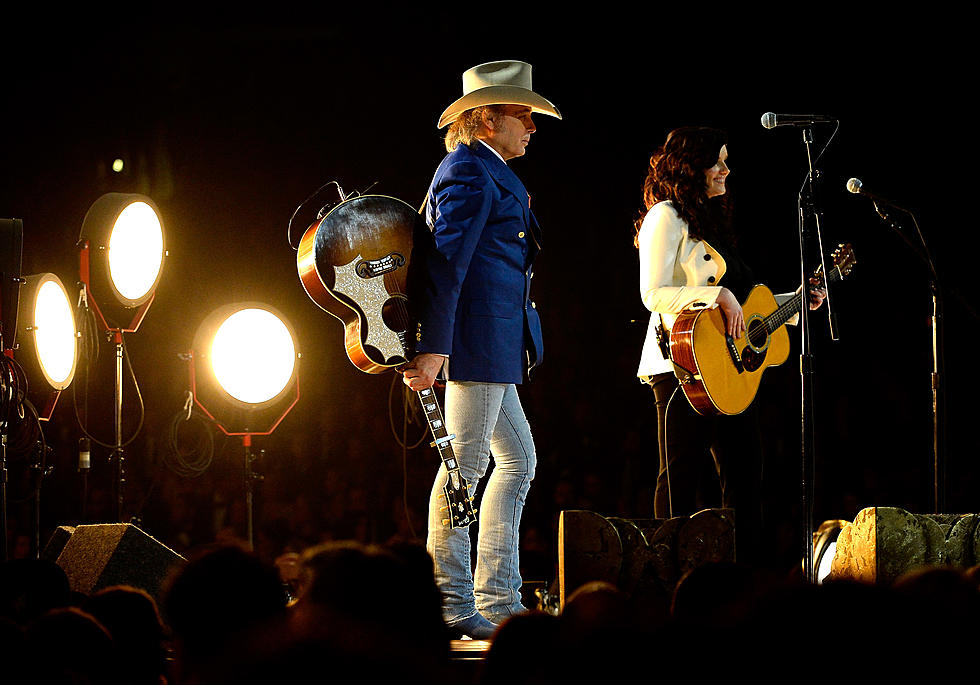
A “For Sale” sign on the lawn of a life—Dwight Yoakam’s “Home for Sale” turns a busted romance into rooms you can walk through, listing every echo and empty shelf until honesty feels like mercy.
Here are the anchors up front. “Home for Sale” is track 3 on This Time (Reprise), released March 23, 1993, written by Yoakam and produced by Pete Anderson. On most pressings it runs about 3:35–3:39; the album was cut at Capitol Studios (Hollywood) and became Yoakam’s biggest seller—triple-Platinum, peaking No. 4 on Top Country Albums and No. 25 on the Billboard 200.
If you haven’t spun the cut in a while, the feel returns fast. The band builds a slow, Bakersfield-bred lope with a bit of West Coast glow: Jeff Donavan’s drums sit a breath behind the beat—reassuring, not insistent—while Taras Prodaniuk keeps the bass steady, and Skip Edwards’ keys (that Hammond B-3 color threaded across the album) warm the corners. Pete Anderson’s Telecaster doesn’t grandstand; it answers Yoakam’s phrases, then gets out of the way. The arrangement leaves air around the vocal so the metaphor can land: a house emptied of love, priced to move, every fixture still humming with memory.
As writing, it’s one of Yoakam’s neatest tricks—plain language doing heavy lifting. He doesn’t sermonize; he itemizes: this room, that window, the creak in the stair that knows your name. Older ears recognize why it stings and soothes at once. When you’re young, selling the house is plot. Later, you learn it’s a ritual—counting the life you lived together, admitting what’s gone, and choosing to go on. The melody never chases a big catharsis; it trusts the backbeat to carry what the words won’t force.
Placed early on This Time, the song helps set the album’s temperament: adult, wounded, unflinching. That record is a long corridor of hurt made useful—“Ain’t That Lonely Yet,” “A Thousand Miles from Nowhere,” “Fast as You”—and “Home for Sale” acts like the floor plan: heartbreak measured room by room until you can breathe again. It’s one of the self-penned pillars among a track list that Yoakam wrote mostly alone, with a handful of co-writes (notably with Kostas) elsewhere on the album.
Part of the song’s endurance is how Yoakam keeps re-inhabiting it. He cut a hushed, front-porch version on dwightyoakamacoustic.net (2000) that pares the rooms down to wood and voice; you can hear the boards creak a little more there. Then, in 2016, he rebuilt the tune in bluegrass on Swimmin’ Pools, Movie Stars…—same blueprint, new lumber—letting banjo and high lonesome harmonies air the house out in mountain light. Those revisits don’t rewrite the meaning; they freshen the paint so the truth shows clearer.
Listen for the little mercies that make the 1993 cut age so well. The snare’s soft snap sounds like a screen door closing gently. The guitars flash at phrase-ends and then retreat. The organ holds a low amber hum that feels like late sun on a kitchen table. And Yoakam’s phrasing—those careful consonants, that slight downward smile on the title line—treats sorrow as something to stand upright inside, not a stage to collapse on. That’s grown-man country: no theatrics, just truth told plainly and set to a rhythm you can live with.
A few scrapbook pins, neat and true:
- Artist: Dwight Yoakam
- Song: “Home for Sale” — track 3; ~3:35–3:39 depending on edition; writer: Dwight Yoakam; producer: Pete Anderson; recorded at Capitol Studios (Hollywood).
- Album: This Time (Reprise, Mar 23, 1993). Album peaks: Billboard 200 #25, Top Country Albums #4; later certified 3× Platinum; noted for its B-3 textures and heartbreak arc.
- Later versions: Acoustic remake on dwightyoakamacoustic.net (2000); bluegrass remake on Swimmin’ Pools, Movie Stars… (2016).
Play it tonight with the lights low and a box of old keys on the counter. The song won’t try to fix what’s broken; it will walk you through it, room by room, until the echo loses its edge and you can lock up—one more time, maybe the last time—and step back into the evening with your shoulders down. That’s the quiet grace of “Home for Sale”: it turns letting go into a livable ritual, honest enough to hurt and gentle enough to help.